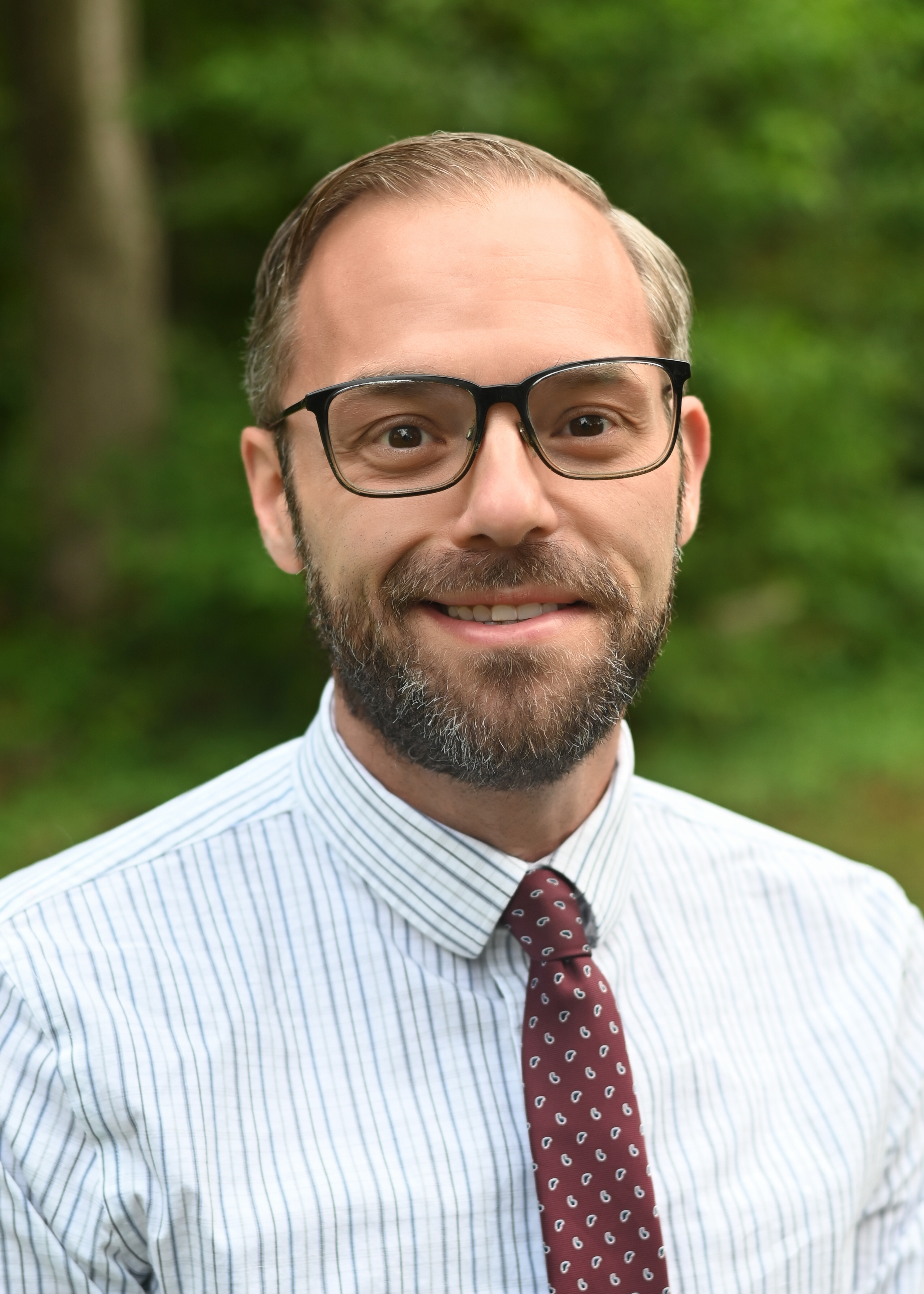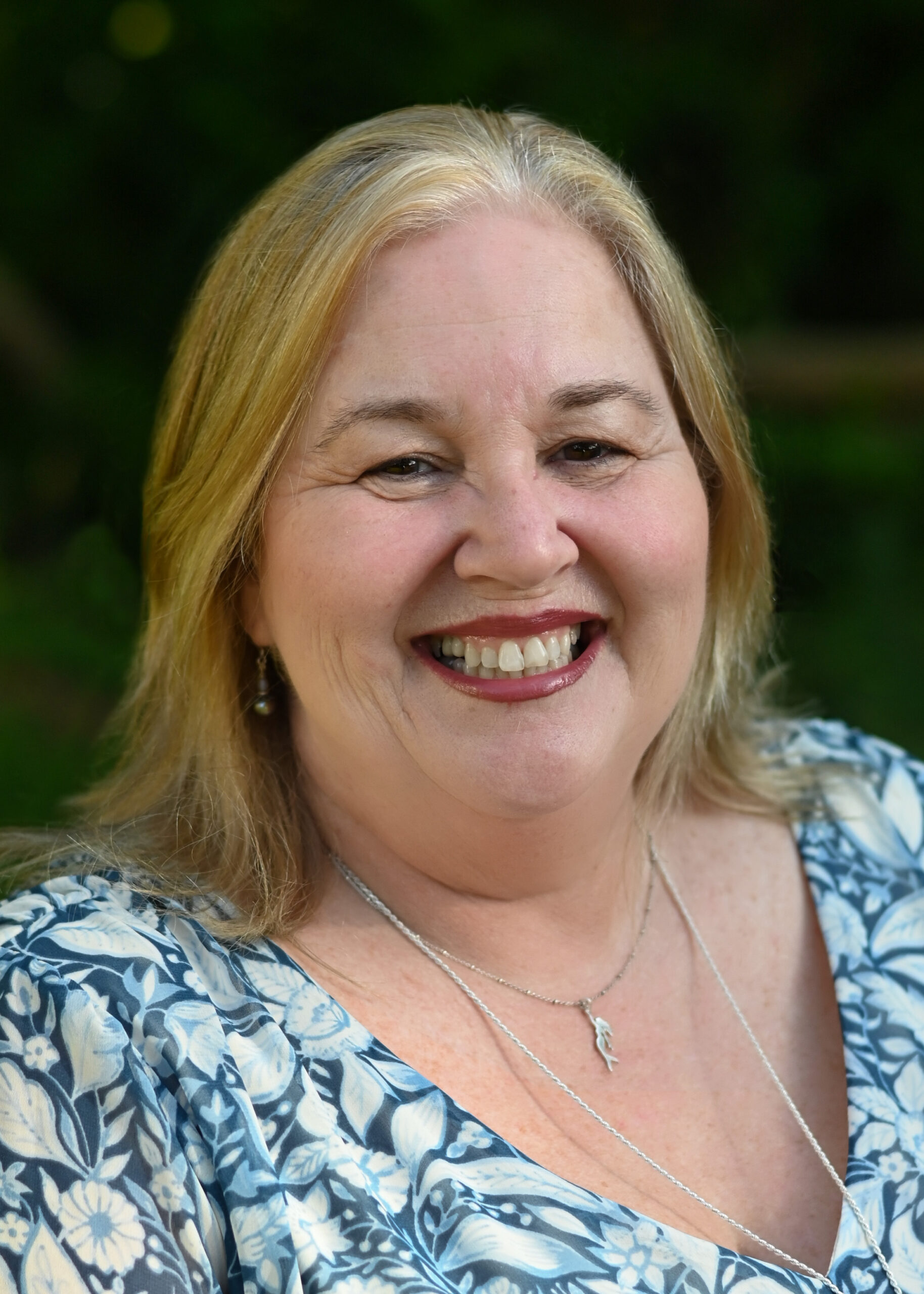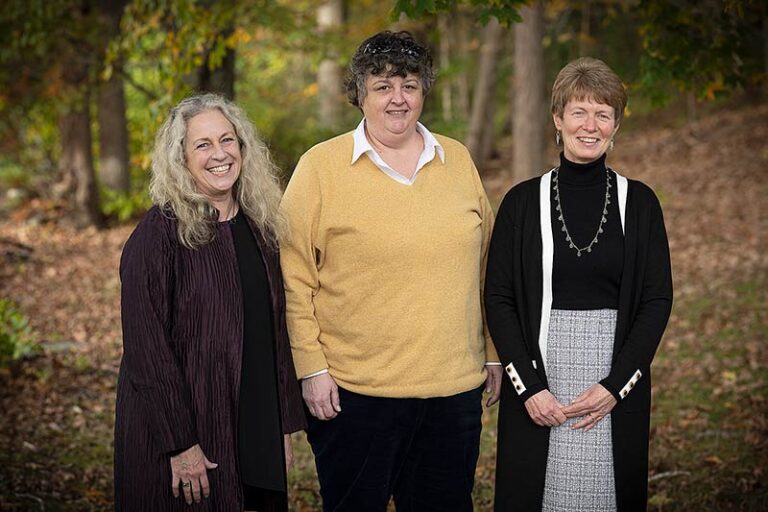Entry 1: Ubuntu
One of my all-time favorite quotes is, “When the student is ready, the teacher appears.” Often attributed to Buddhist philosophy, this phrase speaks to the idea that learning happens when the learner is open to it. But what if the student isn’t ready? How do you support vulnerability in students who, in some cases, carry years of educational trauma, marginalization from peers, or isolation from their communities simply because they don’t fit into the narrow and subjective parameters of what is perceived as “normal”?
This line of thinking brought me to another favorite quote (or rather, a proverb) I picked up during my time spent teaching students from Township communities in Cape Town, South Africa —It has absolutely shaped my approach to education and mentorship: the Zulu concept of Ubuntu: “I am a person through other people. My humanity is tied to yours.” This proverb encapsulates what it means to be a human being, reinforcing the idea that our existence is inherently connected to the people around us. For many of my students, who have felt like shadows in the light of their own communities, this lack of connectivity has created deep wounds. The thought of their isolation weighs heavily on me, and it has become my mission to help them rediscover their worth—the “gold” that fortifies them.
To begin this process, I focus on four key elements: relationship building, recognition of the individual, celebration of differences, and reopening channels of connectivity. This work is uniquely challenging because many of these students have developed neural pathways designed to protect themselves, often defaulting to fight-or-flight responses when faced with situations reminiscent of past trauma. Encouraging them to open up, to trust, and to be vulnerable is not easy, especially in a group setting. So, how did I approach this? By modeling vulnerability myself.
I take risks alongside them. I share my own struggles with neurodivergence, with navigating life in spaces that weren’t built for me. I show them that self-regulation, self-acceptance, and empathy are skills that we must actively cultivate. If my students can see something in me that resonates, then we are beginning to build the spirit of Ubuntu. First and foremost, I want this program to reflect that spirit—to be a safe place where students can take academic and social risks without fear of judgment. If students cannot trust in themselves, how can they ever trust others? This trust is what allows them to finally stop hiding the “gold” within them and to bet on themselves.
We are building a culture where taking care of ourselves means ensuring the well-being of those around us. We take turns actively listening and sharing advice. We create space for each other’s emotions and experiences. But how do you quantify success in a program like this? Traditional metrics—grades, attendance, compliance—don’t fully capture what we are building here.
Success, in this context, comes in the small, seemingly insignificant moments: the overheard conversation in the living room where two students discuss mending a relationship; the offer to make ramen noodles for a hungry floormate; the simple act of one student asking another, “Want to walk to the dining hall together? It’s cold and creepy through the wooded path.” These are the moments where Ubuntu manifests organically. These are the moments where I can see it coming together—but more importantly, I can feel it binding us all.
This is just the beginning of the journey, and I am honored to walk it alongside my students. Together, we are learning what it means to belong, to trust, and to see the humanity in each other. I am because we are.




